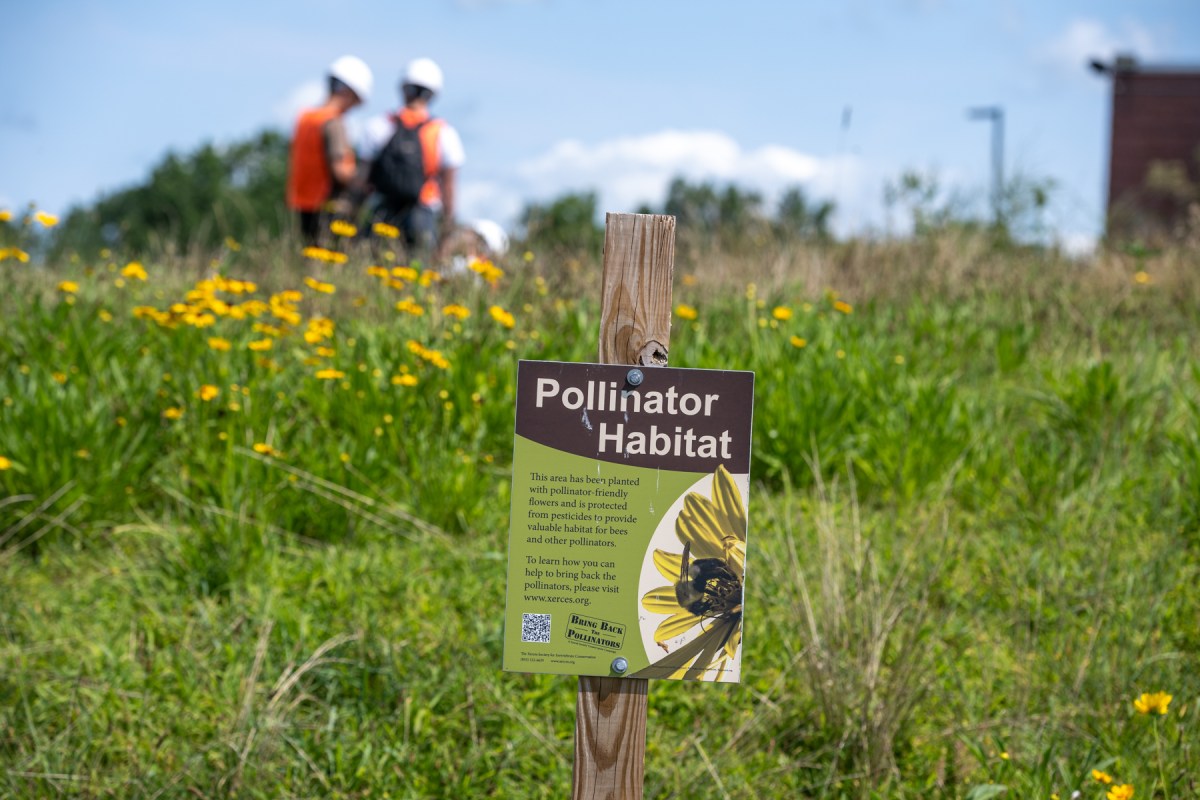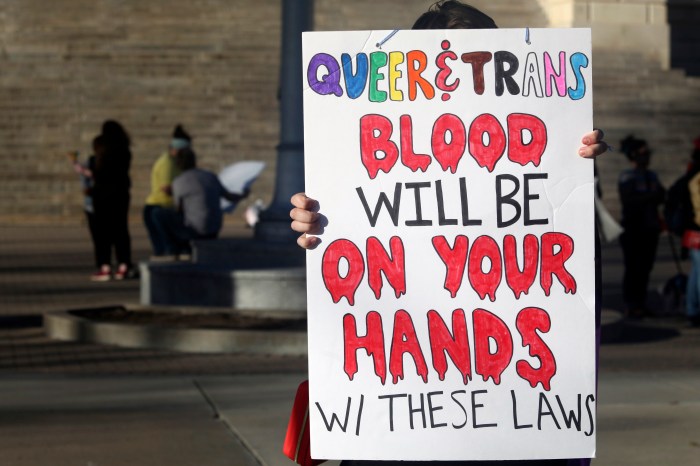You’d have to be a hermit to not know that October is Breast Cancer Awareness Month — pink is everywhere. What many people might not be aware of is how much information about breast cancer treatment is outdated or false. We talked to Dr. J. Jaime Alberty-Oller, surgical breast oncologist at The Dubin Breast Center of the The Tisch Cancer Institute at the Mount Sinai Health System in New York to help separate fact from fiction.
What you need to know about breast cancer treatment
Understand your breat cancer treatment. Photo: iStock.
Do breast cancer surgeries and biopsies cause cancer to spread?
This is one of the questions that patients ask about most often when first diagnosed, leading to a lot anxiety right from the start. Patients should know that it is largely a myth that exposure to healthy surrounding tissue (during a needle biopsy) or to the air in an operating room (during surgery) will cause cancer to spread. Medical evidence suggests that “tumor seeding,” or spreading, is unlikely. A recent study from Mayo Clinic dispelled this myth, as researchers were able to show that patients who had needle biopsies actually did better than those who did not.
Does everyone at high risk of breast cancer need a mastectomy?
Every woman is different, and there are varying levels of breast cancer risk for each. An average woman’s risk of developing breast cancer is often quoted to be 1 in 8, which amounts to a risk of 12%. A number of personal and family history factors may ultimately increase that risk. Most patients at high risk of breast cancer will not need surgery. Patients who test positive for certain genetic mutations (such as BRCA 1 and BRCA 2), however, may benefit from risk-reducing surgery, since their chance of developing breast cancer is much higher than an average woman’s.
Can a lumpectomy be as effective or more effective than a mastectomy?
Most patients diagnosed with breast cancer will be able to choose between a lumpectomy (where only the cancer is removed with a rim of normal breast tissue around it) and a mastectomy (where all of the breast tissue is removed surgically). Both are equally effective in terms of how well patients do in the long run. Some women, unfortunately, will not be candidates for a lumpectomy if, for example, their cancer is too big or if they have more than one cancer in their breast.
Can titanium clips left in the breast damage the breast or travel to other parts of the body?
Nowadays, breast biopsies are almost always done with a needle for lesions that cannot be easily felt. In order to be able to find the area again, whether or not surgery is needed, titanium clips are left to mark the specific area in the breast. These clips are very, very small (about the size of a comma in a page) and the body does not react to them. They will not travel to other parts of the body and are overall very safe to use. They can be easily seen in a mammogram, helping doctors really focus on the sampled area in the breast.
What is lymphedema? Does everyone who gets lymph-node surgery get lymphedema?
Lymphedema refers to swelling of the arms that results from altered lymphatic flow after treatment. The lymphatic system normally collects, filters and clears excess fluid from the body. When there is a blockage, the fluid cannot be returned to the bloodstream, and swelling occurs. Both surgery and radiation may lead to such blockades. Most patients who have lymph node surgery will not develop lymphedema, but the chances of developing it increase as more extensive surgery is done.
Do you have to worry about recurrence after getting a mastectomy? What about developing breast cancer if you have a preventive mastectomy (a la Angelina Jolie, women who test positive for BRCA II)?
After a mastectomy, the chances of a recurrence (or the cancer returning) are indeed lower when compared to a lumpectomy — but they are still not zero. Some patients think that by getting double mastectomies, they will not have to worry about developing breast cancer in the future. Unfortunately, that is not the case, as cancer may happen from only one microscopic breast cell that is left behind. This is why it so important for patients to get regular physical examinations from their doctors, especially after undergoing a mastectomy. Your doctor will let you know how often to get examined.




















